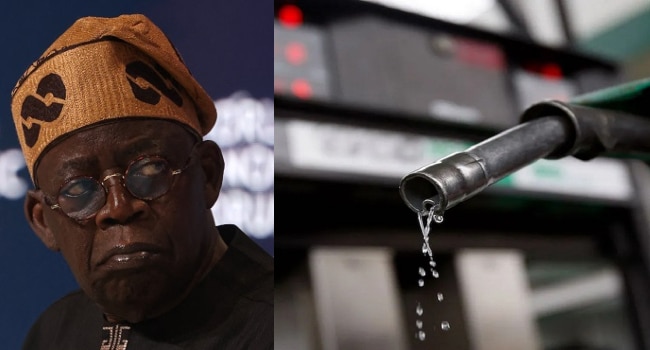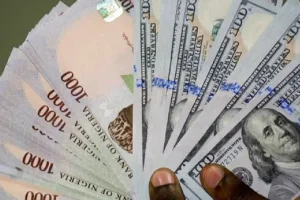
The Nigerian National Petroleum Company Limited (NNPCL) has announced another increase in petrol prices, sparking widespread reactions from citizens already grappling with the high cost of living.
Retail outlets owned by NNPCL have raised the pump price of Premium Motor Spirit (PMS), commonly referred to as petrol, to ₦990 per litre in Abuja, up from the previous ₦965 per litre. In Lagos, the price climbed from ₦925 to ₦960 per litre, reflecting the latest adjustment in response to market dynamics.
This increase is part of the ongoing deregulation of the petroleum sector, which ties petrol prices to global market forces. According to industry experts, the recent spike in prices is attributed to rising crude oil costs and the introduction of products from the Dangote Refinery into the Nigerian market.
Dealers have hinted at the possibility of further price hikes, citing the continued rise in global crude oil prices.
Other filling stations across Lagos have also adjusted their petrol prices. MRS outlets now sell PMS at ₦970 per litre, aligning with Dangote Refinery’s retail partners, which include Ardova and Heyden.
A statement from Dangote Refinery explained, “Since crude oil is the primary input in PMS production, fluctuations in its international price inevitably affect the cost of the finished product.”
Despite the increases, NNPCL outlets in Lagos have maintained a relatively lower price of ₦925 per litre, resulting in long queues as consumers seek to minimize expenses.
The latest increase in fuel prices has sparked frustration and discontent among Nigerians, many of whom view the rising costs as an additional burden on their already stretched finances. Citizens have expressed concerns about the cascading effect of higher petrol prices on transportation, goods, and services.
The situation has also reignited debates about the impact of deregulation on the average Nigerian, with calls for the government to implement measures to cushion the effects of fluctuating fuel prices.
With crude oil prices projected to remain high, analysts predict that Nigerians may have to brace for more adjustments in petrol prices. Meanwhile, the government and key industry players are urged to explore sustainable solutions to mitigate the economic challenges faced by citizens.
The fuel price increase underscores the broader economic pressures facing Nigeria, with many hoping for strategic interventions to stabilize costs and ensure accessibility to essential commodities.





